My Time in Aotearoa and the Legend of Māui
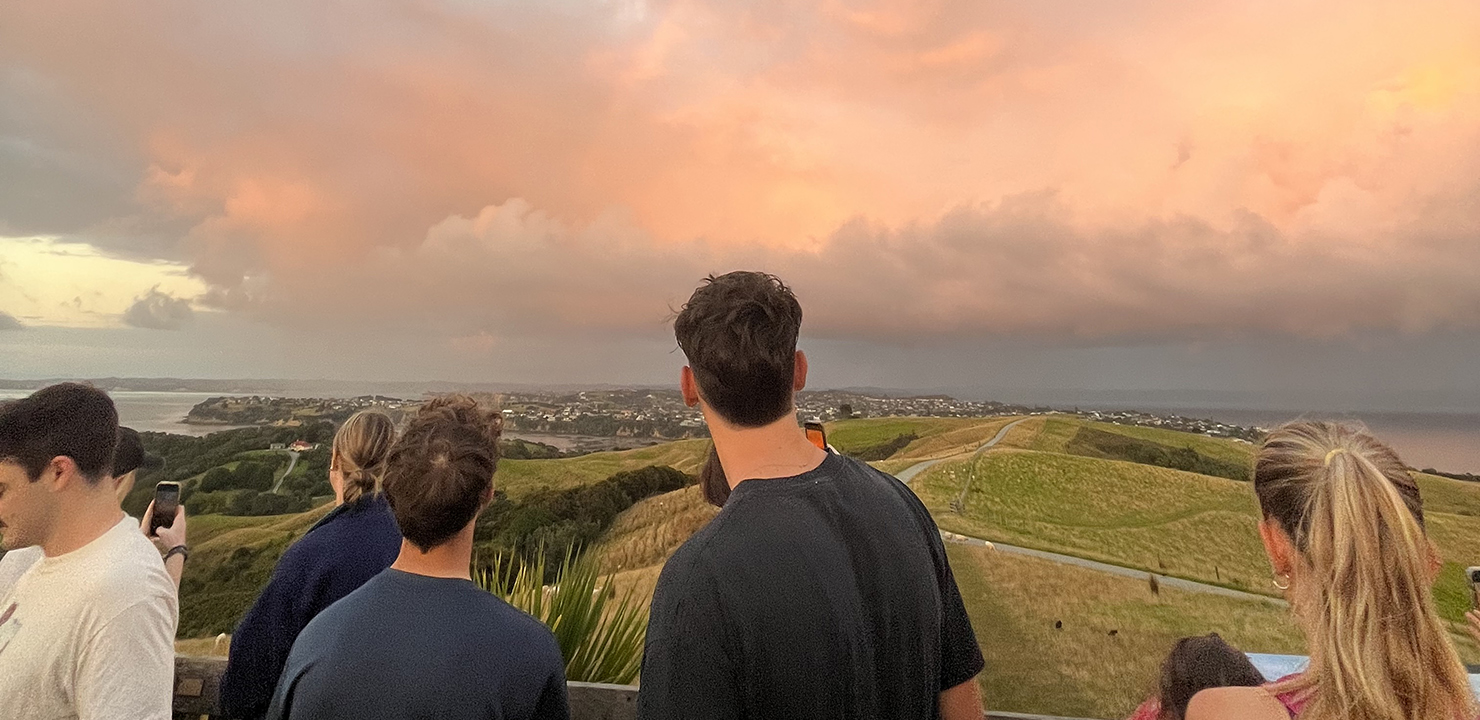

If there’s anything I learned in New Zealand, it was the importance of telling and listening to people’s stories.
In Aotearoa (another name for New Zealand, meaning “land of the long white cloud”), indigenous Māori have legends that have been passed down faithfully from generation to generation. To honor my short time on their land, I will share the legend of Māui and the giant fish as I pass along stories from my journey on the island.
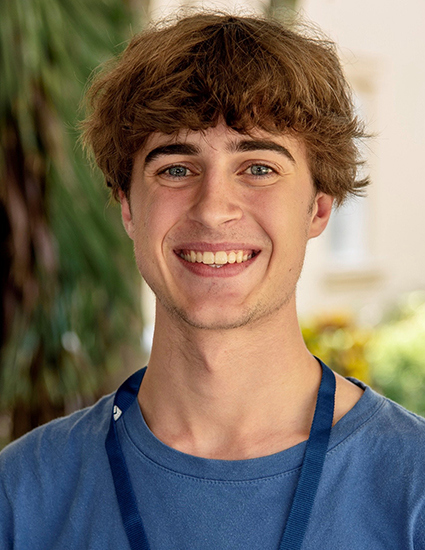
Māui dreamed of the day that he could go fishing with his older brothers. Each time his brothers returned from a fishing trip Māui would ask, “Next time, can I come fishing with you?”
But Māui’s brothers would always make an excuse. “No, you’re much too young to come fishing with us. We need all the room in our waka for the many fish that we catch.”
“I’ll only take up a little bit of room, and I’ll stay out of trouble, I promise,” Māui would argue.
The eldest brother would reply, “You’re so skinny we might mistake you for some bait and throw you overboard for the fish to eat.”
My program to Wellington, New Zealand had a delayed start. Officially, I would fly to New Zealand in the middle of February, after American university life jolted back into motion at the beginning of January. My first thought of course was “Wow, what an amazing extended winter break!” And in many ways, it was amazing to have that extra time with family that I don’t usually have during the year. In other ways, it made the anticipation of what was to come fester and grow in ways I could barely manage.
I had dreamed of the day that I could go abroad or “fishing” like Māui wished to do with his brothers. Hearing stories from older students who had gone abroad made me excited, nervous, and a jumble of emotions. I didn’t know if I was prepared, but as the plane took off on its 14-hour voyage from Houston to Auckland, I realized I was about to find out!
Māui would get angry. “I’ll teach them,” he’d say to himself, “I’ll prove how good I am!”
Secretly Māui hatched a plan to prove he was a great fisherman. One night when Māui was alone he began weaving a strong fishing line from flax. As he wove, he recited an old karakia to give his fishing line strength.
When he was finished, Māui took a jawbone which his ancestor Murirangawhenua had given him and bound it securely to the line. Early the next morning, Māui took his fishing line and secreted himself in the hull of his brothers’ canoe.
When I’m meeting people for the first time, it becomes very loud in my own head. “Am I saying the right thing? Do they like me? How am I presenting myself? Do I need to prove how likeable I am to everyone? Why did I just talk like that?”
We had arrived in Auckland for IFSA’s orientation with 40 American students studying in Wellington and a South Island city, Dunedin. As expected, my head was cluttered with thoughts, but now for the first time, I was 8,400 miles from home. One of our first activities put on by the IFSA staff was a sunrise hike. Fitting, as New Zealand is one of the places that sees the first sunrise of every new day. It was nothing short of breathtaking, the light woven across the sky in brilliant flashes. It was a new day and suddenly my mind was peacefully silent.
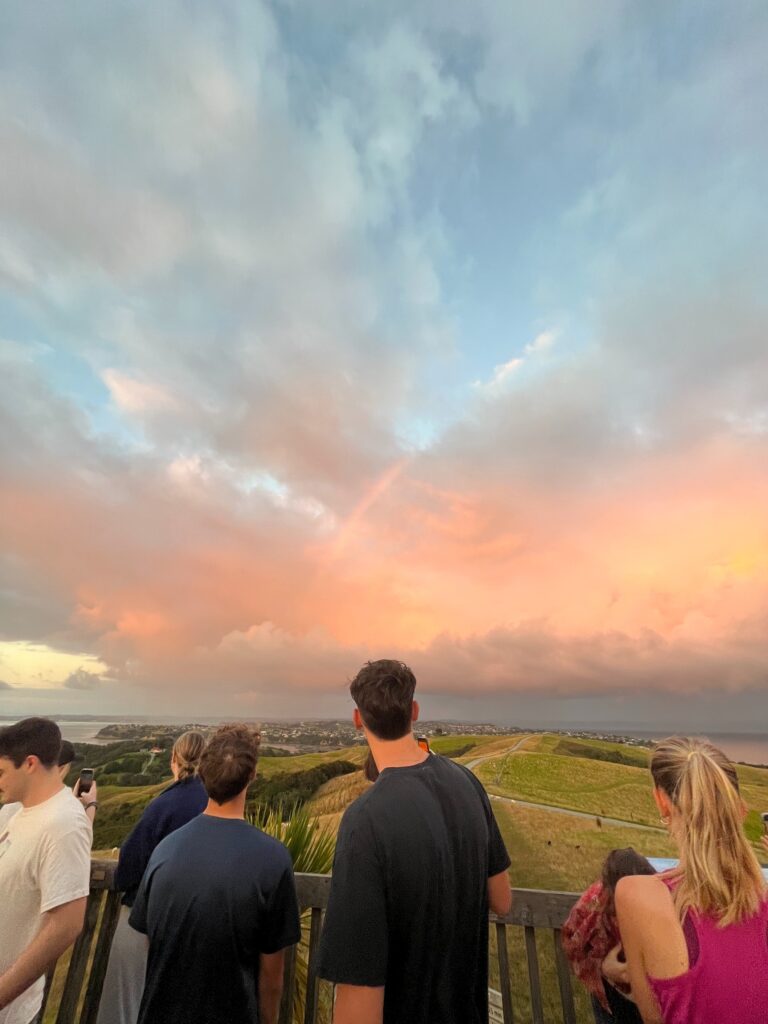
When Māui’s brothers pulled the canoe into the sea they noticed something a little different.
“The canoe is much heavier this morning, are you sure you’re helping?” said one.
“I think you’ve been eating too much kumara!” said another.
“Stop your bickering and get on with it!” said the eldest brother.
None of the brothers noticed Māui hiding in the hull. When Māui heard his brothers drop the anchor, he knew they were too far from land to return. Māui revealed himself to his brothers’ surprise. “What!” “What are you doing here?” “You tricked us!”
“No wonder we have not caught one single fish!”
The brothers were angry with Māui, but Māui spoke up.
“I have come to fish because Murirangawhenua said I would be a great fisherman. Let your lines down as I say my karakia and you’ll catch more fish than you ever have.” Māui began his karakia.
The brothers threw their lines into the water and instantly began catching fish. One after another they pulled their fish into the waka. In no time the waka was full, and the brothers were delighted with their catch.
I have a confession. I am not an experienced hiker or explorer. To the outside view, it might’ve made New Zealand (home to mountains and trails in abundance) an odd choice for studying abroad. After some time in Wellington, my IFSA coordinator Megan took us on one of our planned excursions to the Escarpment trail in Pukerua Bay, a short train ride away from campus. This felt like a good middle to me — not quite a hike, not quite a walk either. Once we were there, however, I started to feel the intensity of the slope we were scaling. As we trekked up and up, I realized how wonderful it felt to draw breaths of fresh air and feel the dirt crunching underfoot. It was like Māui hiding under his brother’s canoe, my adventurous, outdoor-loving self had been hiding all this time; it took traveling across the world, completely removed from the comfort of being a city mouse, for the explorer in me to reveal itself. I will now carry a spirit of adventure with me when I am back home, and for that I am forever grateful.
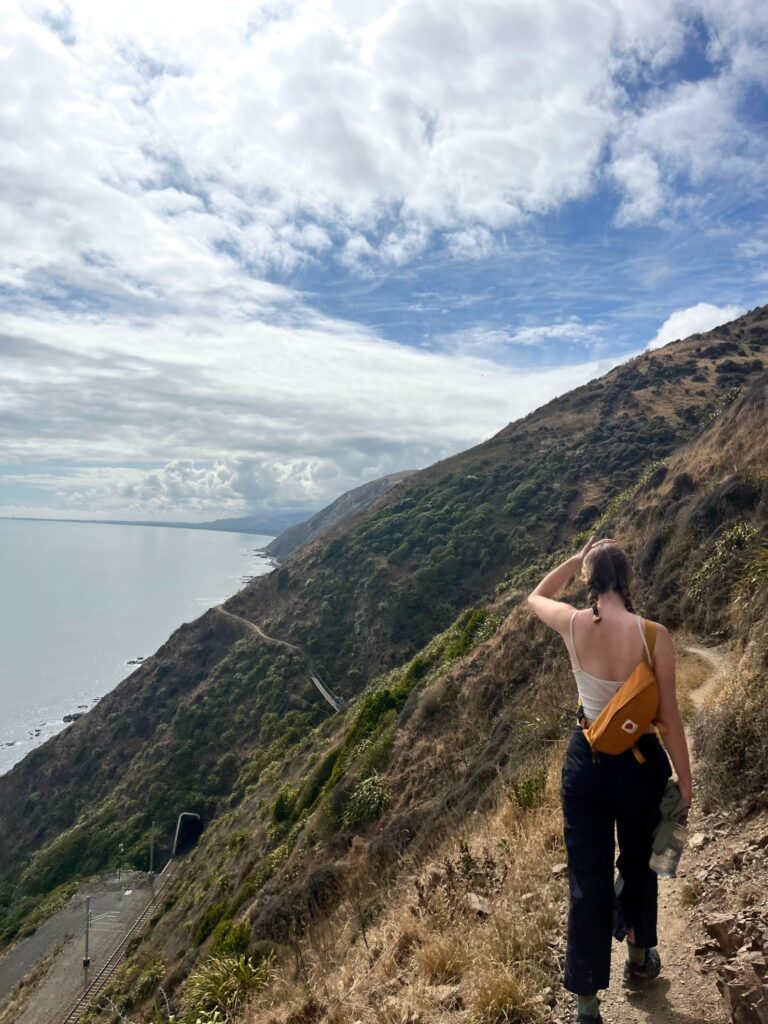
“We’re the best fishermen ever,” the brothers congratulated each other.
“Now it is my turn to fish,” said Māui.
The brothers laughed when Māui pulled his fishing line from his bag.
“Huh, you’ll be lucky to catch a piece of seaweed with that!”
“Or maybe a piece of driftwood to float home on!”
The brothers couldn’t contain their laughter. Māui didn’t listen, instead he recited his karakia and readied his line.
“Can you give me some bait for my hook?” Māui asked his brothers.
But the brothers only laughed harder so Māui clenched his fist and hit himself hard on the nose. His nose bled and Māui covered his hook with his own blood. Māui then stood at the front of the canoe and whirled his line above his head as he recited his karakia. He spun his line out to sea, the line sunk deep to the ocean floor, down into the depths of the domain of Tangaroa, and instantly the hook was taken.
Māui’s line went suddenly taut. The brothers stopped their laughing and held tightly to the side of the waka as they began to speed across the ocean.
“Cut the line!” a brother called, clearly quaking in his seat. “We’ll all be drowned,” said another. “Please, Māui, cut the line!”
But Māui held tight to his line, and slowly a giant fish was pulled to the surface. The brothers huddled in the waka shivering with fright. The giant fish towered over their small canoe.
I was starting to pile up adventure after adventure, some big and some small. One thing I really desired was to do something truly in the spirit of Wellington. Something I could experience that would leave me with a better understanding of the people and culture around me. I felt a desire to seek out a big event, a giant fish to catch on my fishing line. After asking around and taking advice from the local Kiwis (New Zealanders), I decided to buy tickets for the music festival Homegrown. True to its name, the festival showcases exclusively Kiwi artists, an entire day of art, singing, and performance.
Seeing how much love the Kiwis showed for their own community made me feel more homesick than ever. I witnessed something raw and beautiful from an outsider’s view, and I missed my own community so badly.
A big lesson I learned from my time in the Pacific: So many moments will be filled with both overflowing joy and bitter homesickness, but it is worth every minute. I will never forget the Māori artist TEEKS taking the stage at the end of the night. He softly sang a cover of “Landslide” by Fleetwood Mac, a song I listen to with my dad on long road trips back home. TEEKS and I may have had little in common between us, but that night, one song tied us together in a beautiful way. At last, I had caught my giant fish.
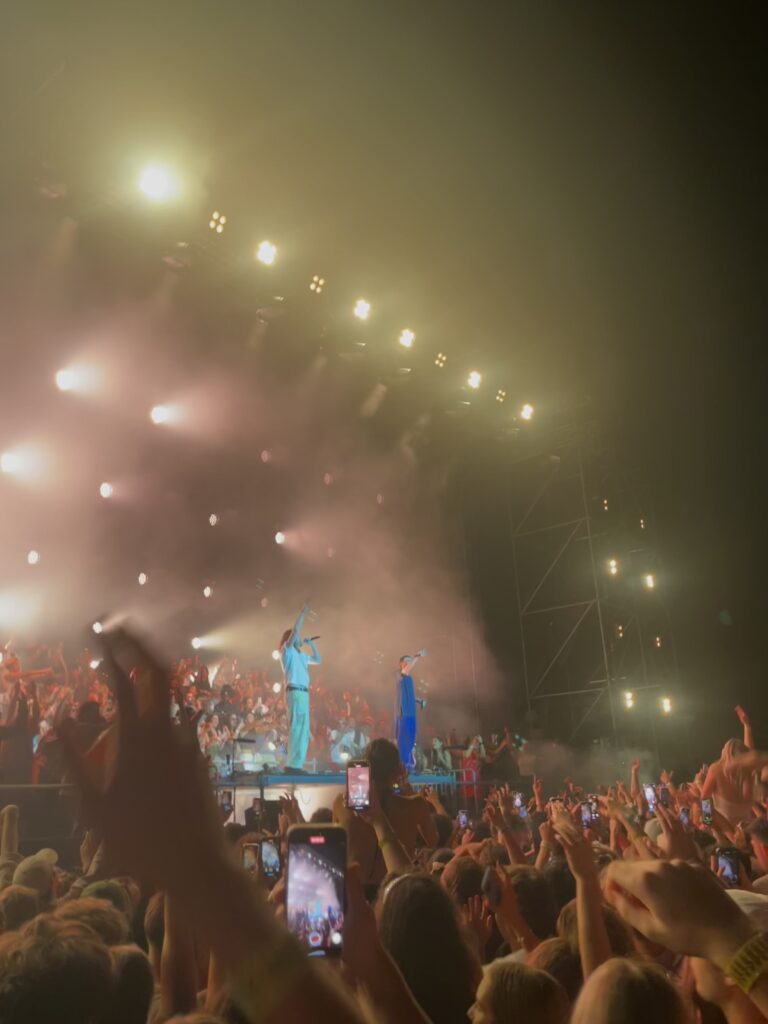
“This is the fish that our grandmother, Murirangawhenua, said would be gifted to us,” Māui said. “Guard our fish, and I’ll soon return with our people.”
The brothers agreed to stay, and Māui headed back to Hawaiki. However as soon as Māui had gone, the brothers began chopping greedily at the huge fish, claiming huge pieces of it as their own. When Māui returned, his people were amazed to see the giant fish.
“Māui is the best fisherman ever,” they marveled.
As they neared the brothers were seen still chopping and arguing over which part of the fish was theirs. The people saw them for the greedy brothers that they were. They were so greedy that they had chopped huge gullies and mountains from the fish’s flesh.
Over many hundreds and thousands of years, these gullies and mountains became part of the landscape of Aotearoa as we know it today. Birds, plants, animals and the people of Hawaiki populated the giant fish of Māui. And in time Māui’s giant fish became known as the North Island of Aotearoa, and Māui’s canoe the South Island. This is the story of Māui and the giant fish.
The intense feeling of community I felt at Homegrown never dissipated. Thanks to the university housing IFSA selected for my program, I was always surrounded by both Kiwis and other international students seeking out community and I learned so much from their own journeys and stories. Everyone was claiming their own chunk of the giant fish and meeting those people will forever change the way I interact with others back home. New Zealand made me a kinder, more adventurous person who will be confident and ready for my next opportunity to explore the world.
If you get the opportunity to study abroad here’s my advice: Seek out new people, their community, and especially their stories. You have no idea what beautiful connections you’ll find among people you’ve yet to meet.
Māui’s giant fish became the North Island that I spent four wonderful months exploring. I’m beyond grateful for this place, and I am eagerly awaiting the day I get to journey back there.
Big thanks to my Kiwi mum and IFSA support coordinator Megan Baker for her unwavering love and support and to the Te Tāhuhu o Te Mātauranga for the public copy of the legend of Māui and the giant fish.
Noah W. | Vanderbilt University | IFSA Victoria University of Wellington | Spring 2024